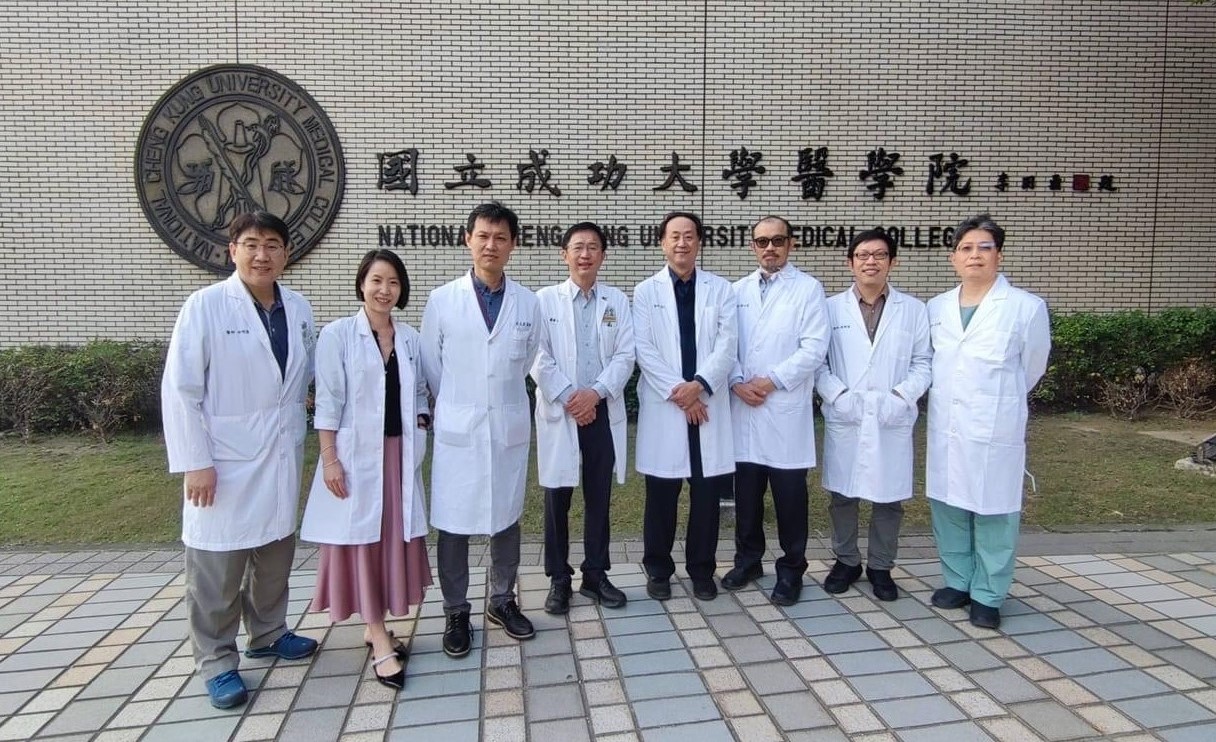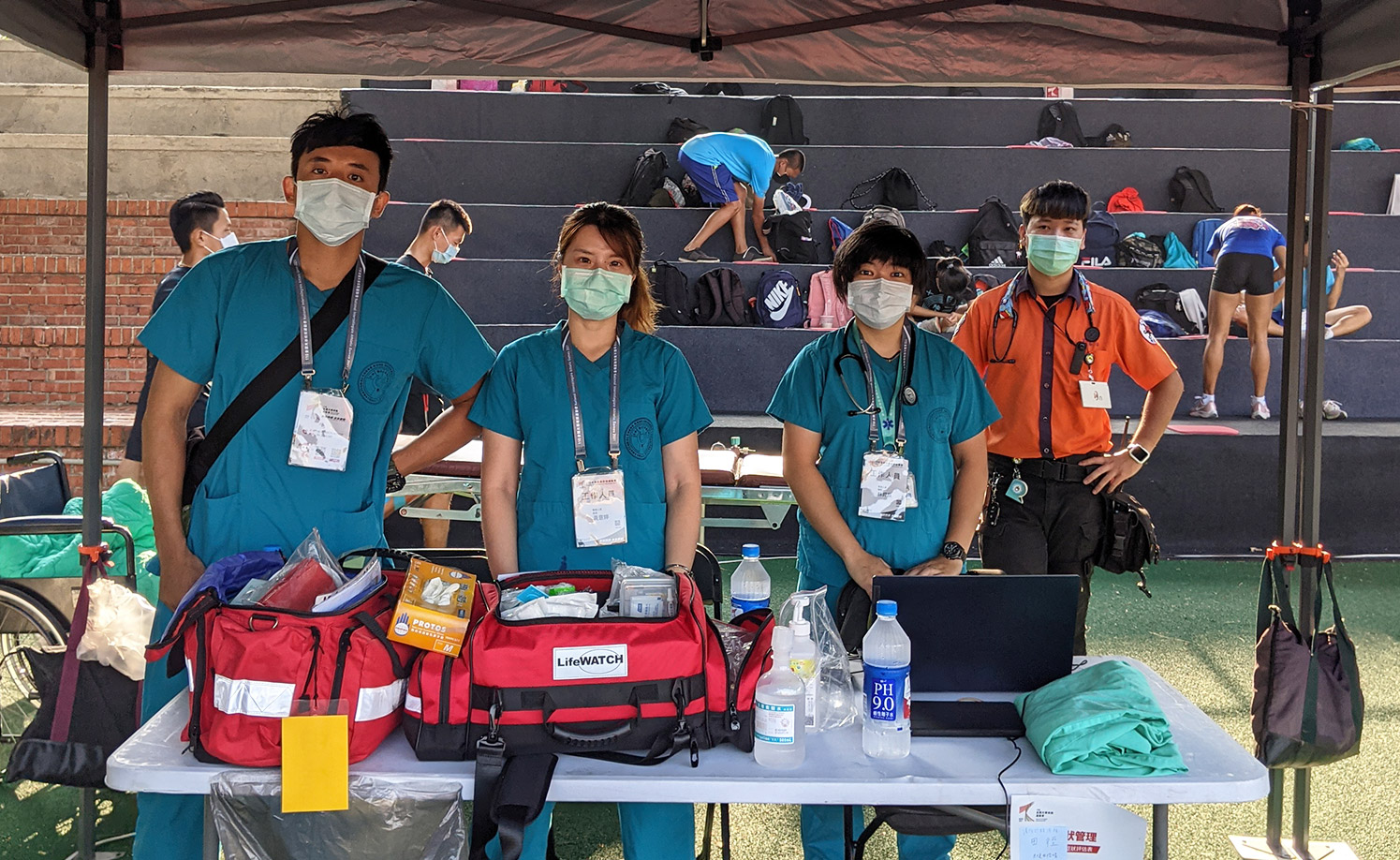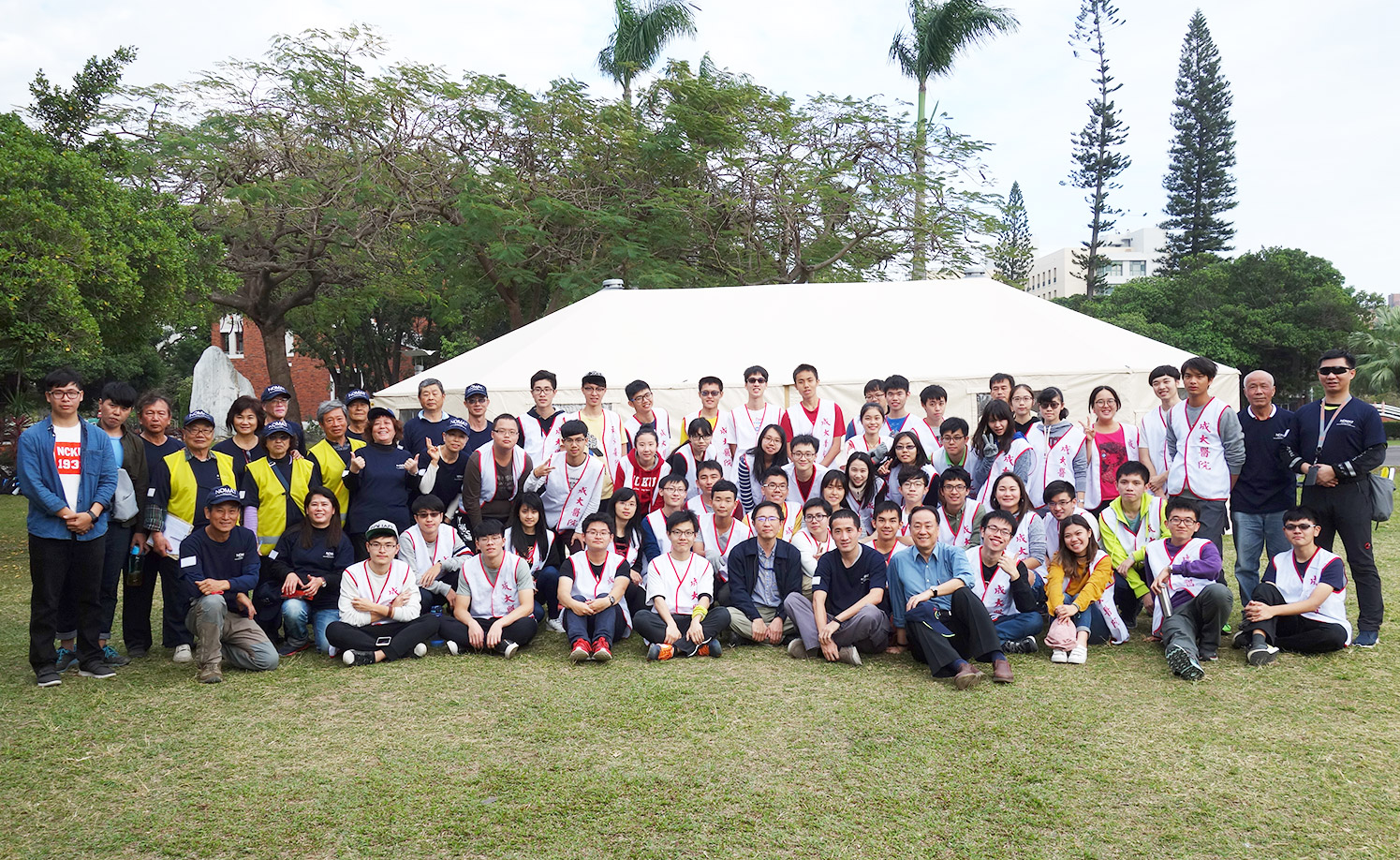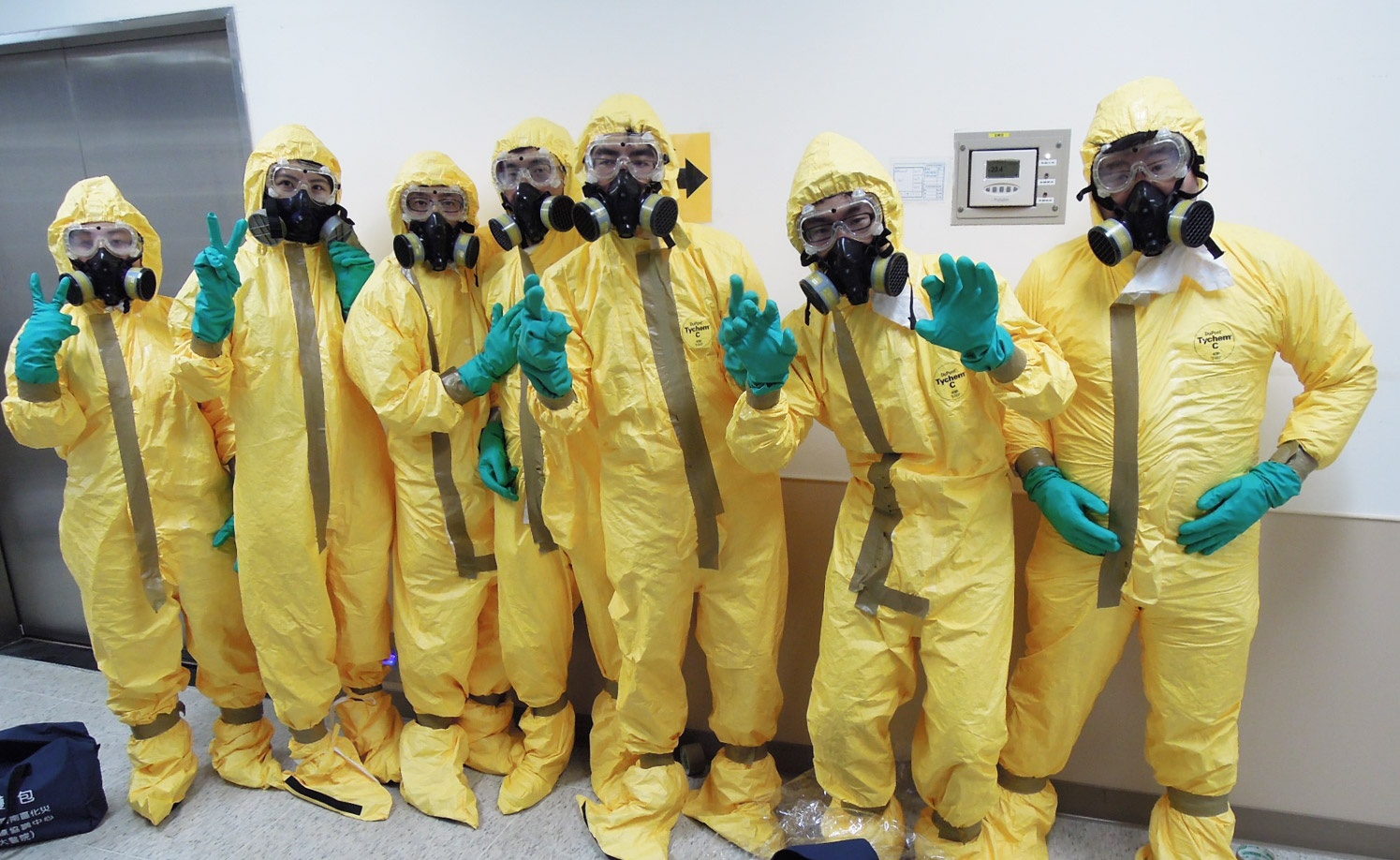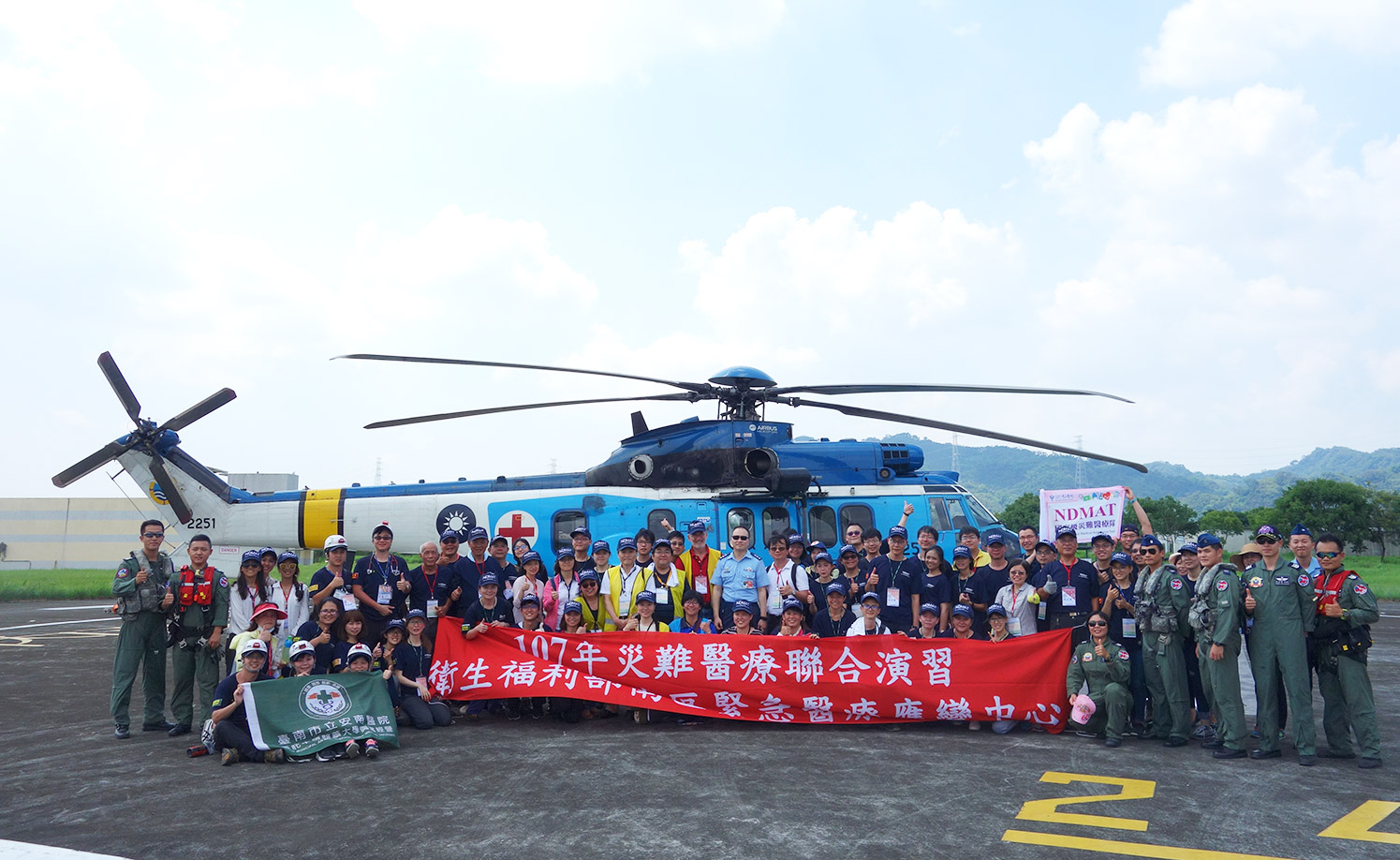Introduction
About the Emergency Department
National Cheng Kung University Hospital Emergency Department
In addition to the residents of
As a national hospital, our hospital must assist in the implementation of the government's medical policy, and take care of vulnerable groups and remote patients. Therefore, in addition to clinical medical treatment, the emergency department of our hospital is also responsible for assisting the Tainan area emergency medical network to provide pre-hospital care education and research, the construction and evaluation of the regional trauma system, the development of telemedicine in remote areas, and poisoning and chemical injuries, medical care, and responsibility for the establishment of a disaster response system. The purpose of emergency physician training in this department is not only to cultivate emergency clinical medical and clinical teaching talents, but also to train the future development of emergency medicine in education, research and the cultivation of leaders in the field of emergency medical care.
There are 75 emergency observation beds in the emergency department of our hospital
These include medical emergency beds, trauma emergency beds and pediatric emergency beds. The emergency department has senior physicians and emergency physicians available 24 hours a day, such as internal medicine, surgery, pediatrics, obstetrics and gynecology, ophthalmology, ENT, dentistry, psychiatry, urology, orthopedics, neurology, dermatology, and radiology that can provide management of cardiopulmonary emergencies, head trauma, severe trauma, severe burns, spinal contusions, high-risk neonates, psychiatric diseases, esophageal abnormalities, snake venom, other poisoning, heart disease, sexual assault, gunshot wounds, knife wounds, ophthalmic emergencies, acute allergy, drowning, etc. The hospital's emergency admission rate has always remained above 40%, and the rate of stay for more than 48 hours has dropped to less than 2.0%. It has been continuously rated as a "severely responsible hospital" by the Ministry of Health and


